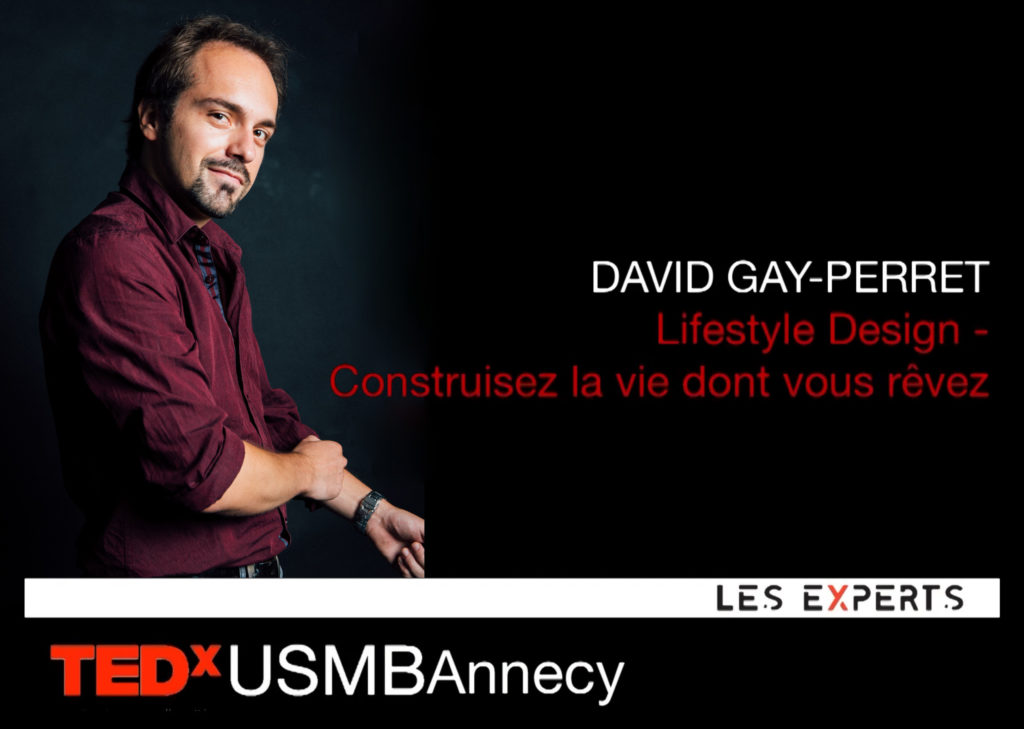Lifestyle Design: Building the Life You Dream of

Introduction
Building the Life We Dream of Is a Duty
Being able to build the life of our dreams… What an appealing promise indeed! For we all have wishes, dreams, things we want, preferences, tastes and centers of interests that define what we decide to spend our time on. So in a way, we’re all trying to live the life of our choice, but with more or less success.
However in my opinion this search is not only instinctive and to be encouraged, but also a duty. And to understand why we must go back to 2009, when I discovered the book “The Inner Warrior” (“Le Guerrier Intérieur”) by Thierry Pasquier. His work is based on various philosophies from across the globe and introduces an interesting perspective on the reason of our existence: the Universe (thus the whole of Creation) allegedly has a plan and is moving towards a definite destination that is creative, positive and beneficial to Life. Being ourselves a part of Creation, we have a role to play in the unfolding of this Plan; that is our calling, our Path or our “Personal Legend” as Paulo Coelho calls it. Yet we can’t know the final destination or even see the entire journey there. The only piece of information we have to know what role we’ve been given is our tastes and centers of interests; they are like signposts indicating the path to follow.
And so we walk blindly, not knowing our destination or even where our life will take us. But as long as we follow our gut feeling, in one way or another we’re playing that role and therefore contributing to the realization of the Plan. And through it, to solving the challenges of our world.
Thus building the life of our dreams means following our Path, which not only means a deep sense of peace (the feeling of being where we belong, at one with our environment), but also contributes to improving the world – on a scale that very often goes far beyond a human life. Which is why it’s easy to believe some centers of interests are more worthy than others; because we’re judging them on a limited time scale without being truly able to measure their impact.
Now obviously not everyone is sharing that point of view and the underlying beliefs it rests on. However even if we forget for a minute the idea that building the life of our dreams/following our Path means contributing to a mysterious yet beneficial Plan, there are still several obvious elements that highlight just how much this quest is positive for oneself and the world:
So although some may have a difficult time agreeing with the idea that following what we like equals playing the part we’ve been given in this life, and that this role is our contribution to the benevolent work of the Universe, we can still easily identify benefits for ourselves (lessons learned along the way) and the world (our actions to Serve and the aura we emit). Besides, at the end of the day, we have but one life to live; exactly just what better way to spend our time is there other than trying to live the life of our dreams, no matter the consequences?
The TEDx Talk
I got the opportunity in November 2019 to give a TEDx Talk in front of students from my ex-university in France, during a career fair. I decided to talk about Lifestyle Design (which means building the life we choose) and to base my speech on what I had learned and implemented during my years in Sweden, for two reasons:
Today, a third reason has emerged; to share this new perspective with all those who feel like they aren’t living the life they should/could and who look at other lives around them in search of inspiration but can’t find anything that suits them. Just like my previous post about personal development and even my novel, this is a way to discuss topics I deeply care about and that I believe are essential for a happy life on an individual scale, which in turn is key to dealing with challenges on a global scale.
The following article begins with a summary of the TEDx Talk, featuring updated examples and additional details. Then we’ll be looking at the two parts of the model that we can control: defining our objectives and implementing activities to reach them that take the right amount of time. I wasn’t able to cover these last two parts during the presentation because of time constraints and so I had decided to focus solely on the core message; the mindset. Doing so made it possible to bring forth the glass prison many of us lock our thinking in (through asking limiting and limited questions) while offering an alternative.